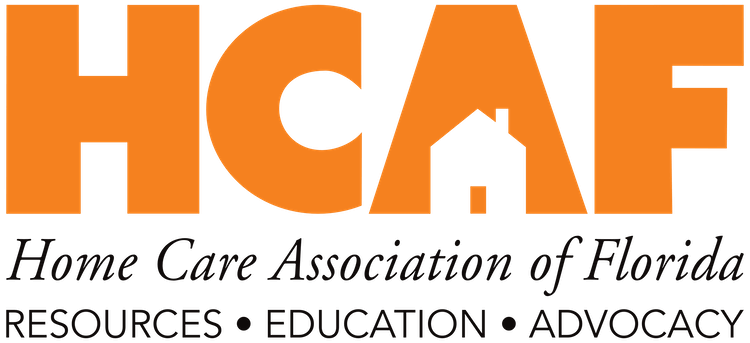AARP Releases 2023 Update of State Long-Term Services and Supports Scorecard

AARP Releases 2023 Update of State Long-Term Services and Supports Scorecard
AARP recently unveiled the 2023 update of its highly regarded State Long-Term Services and Supports (LTSS) State Scorecard, which evaluates and ranks states and the District of Columbia across five key areas:
- Affordability and Access
- Choice of Setting and Provider
- Safety and Quality
- Support for Family Caregivers
- Community Integration
States are categorized into performance tiers, ranging from top to bottom, with 1-5 as designations. Florida, positioned at 43rd place in the national ranking, falls into the fourth tier, among 11 states. In the assessment of the five dimensions and 50 indicators, Florida achieved its highest ranking in community integration, securing the 28th position nationally. However, it fared worst, placing 50th overall, in terms of support for family caregivers.
Key Florida Scorecard Highlights and Rankings
- Home Care Cost (median annual home care private pay cost as a percentage of median household income, ages 65+) – 15th
- Medicaid LTSS Balance Spending (percentage of Medicaid LTSS spending going to home- and community-based services [HCBS] for older people and adults with physical disabilities) – 33rd
- Home Health Aide Supply (home health and personal care aides per 100 population with an activity of daily living [ADL] disability, ages 18+) – 40th
- LTSS Worker Wage Competitiveness (direct service worker wage shortfall compared to other entry-level jobs) – 20th
- Home Health Hospital Admissions (percentage of home health patients with a hospital admission) – 22nd
- Nurse Delegation (nursing tasks that nurses may delegate to a direct care aide) – 49th
- Successful Discharge to the Community (percentage of people admitted to nursing homes who were successfully discharged to the community within 100 days) – 18th
It's crucial to note that Florida's nurse delegation ranking does not consider the fact that nurse delegation regulations were just approved this past summer, while the report is based on 2022 data. These regulations can now be utilized by home health providers to combat the health care workforce shortage and empower the role of direct care workers in home care.
For a detailed look at the Florida Scorecard, click here.
HCAF will share the report findings with policymakers to emphasize the critical need for investing in HCBS during the forthcoming Florida Legislative Session. We invite you to join us in advocating for the home care provider community and improved access to care by participating in our annual state advocacy event on January 24-25, 2024. Click here to learn more.
